Levator labii superioris alaeque nasi Muscle
Table of Contents
Levator labii superioris alaeque nasi Muscle Anatomy
The levator labii superioris alaeque nasi muscle is translated from a Latin word that means “Lifter of both upper lips and wing of the nose “. It has the longest name of any muscle in the animal.
Historically known as Otto’s muscle, it dilates the nostril and elevates the upper lip, enabling one to snarl. Elvis paralysis is famous for his use of this expression, earning the muscle’s nickname “The Elvis muscle”.
Origin
The levator labbi superioris alaeque nasi muscle arises via the frontal process of maxilla Upper frontal process of maxilla.
Insertion
It inserts in the skin of the lateral nostril and upper lip.
Nerve supply
The buccal branch of the facial nerve (VII) supplies the muscle.
Blood supply
Arterial blood is supplied to the levator labii superioris alaeque nasi via the facial artery and the infraorbital branch of the maxillary artery.
Muscle action

Dilates nostril and elevate upper lip. Mainly it supports facial expression.
Strengthening exercise:
Instructions:
- Keep your face in a neutral position and simply raise your upper lip upward.
- You should feel a pull along the sides of your nose extended to almost the level of the pupils.
- Try not to squint your eyes. Hold this exaggerated position for 5 seconds.
- Rest and repeat.
- Start out with 5 reps per day and work up to 20 reps per day by increasing the number of reps each week.
Related pathology
In Bell’s palsy, levator labii superioris alaequae nasi muscle commonly causes paralysis.
FAQs
The main functions of the muscle known as the levator labii superioris alaeque nasi are to widen the nostrils and lift the top lip. The “snarl” face expression, made popular by Elvis Presley and known as “The Elvis Muscle,” is made possible by this action.
Exercises for the levator labii superioris alaeque nasi
Focus on your top lip as you stand in front of a mirror. Make the signature Elvis “snarl” by tightening your facial muscles. You can lift both sides of your top lip at once, exposing your upper teeth, if you are unable to elevate just one side.
The medial slip and lateral slip are the two parts of the Levator Labii Superioris Alaeque Nasi.
The muscle penetrates into the skin of the lateral section of the nostril and top lip and is joined to the upper frontal process of the maxilla.
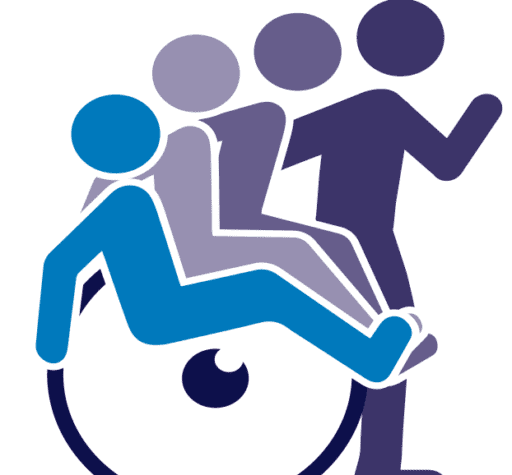
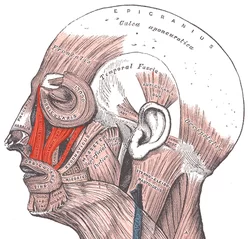
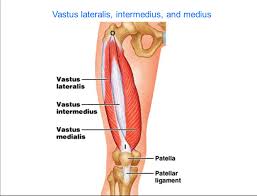
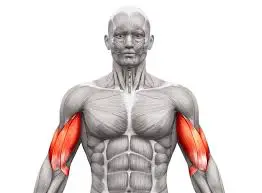
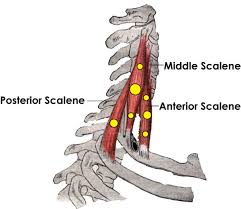
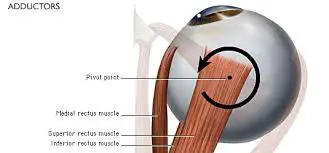
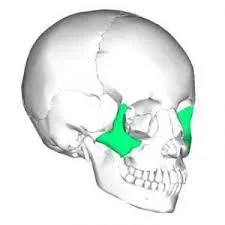
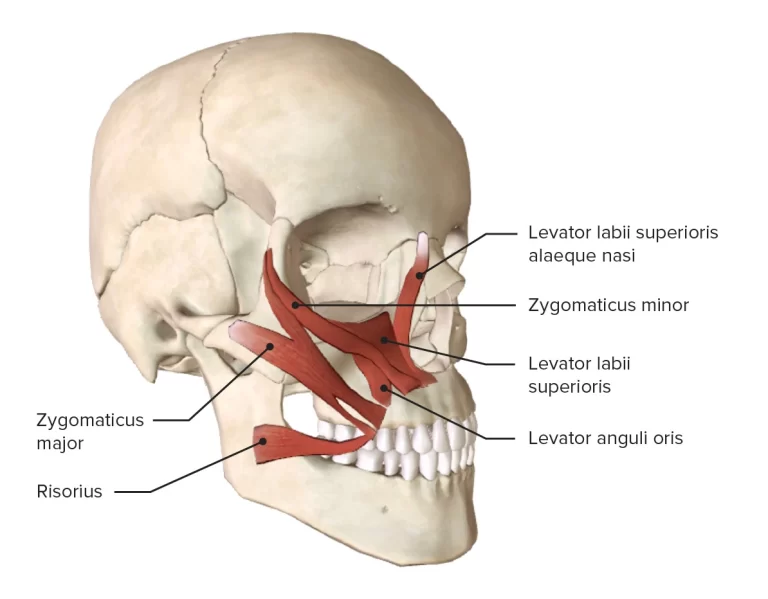
One Comment